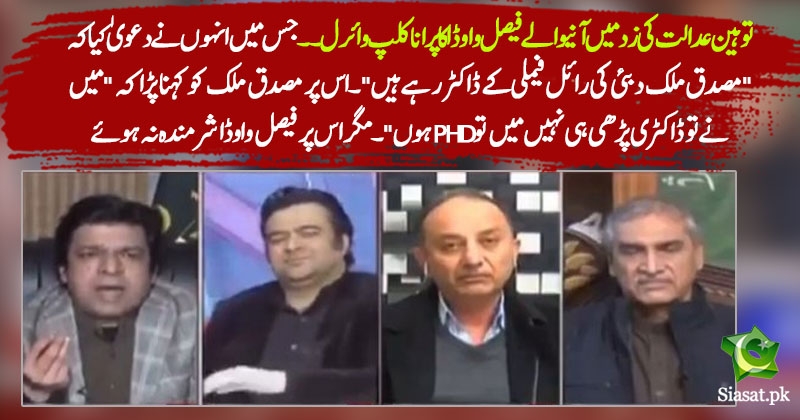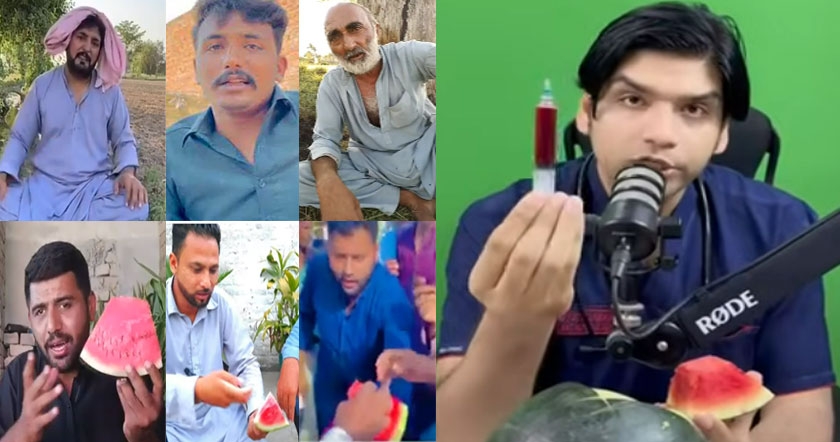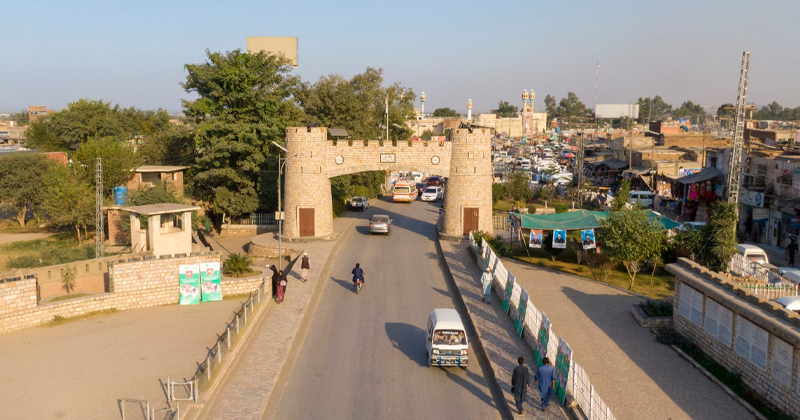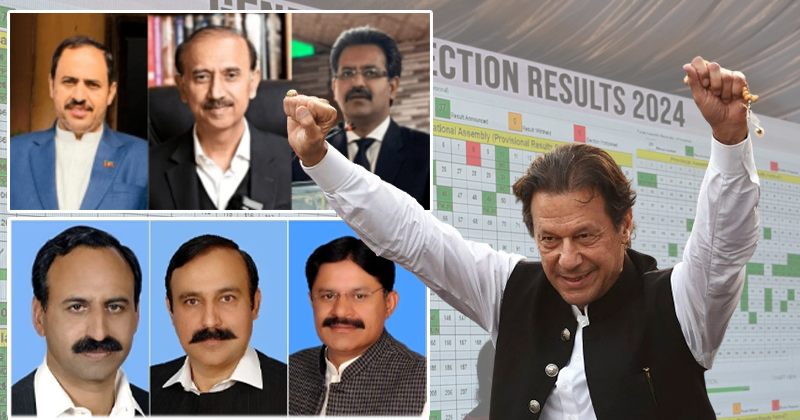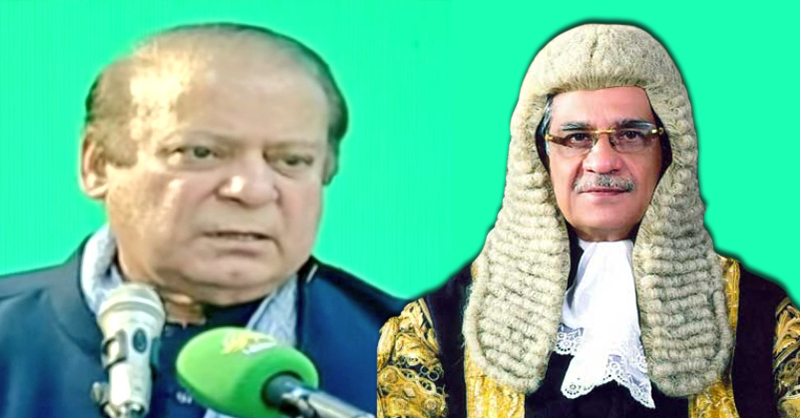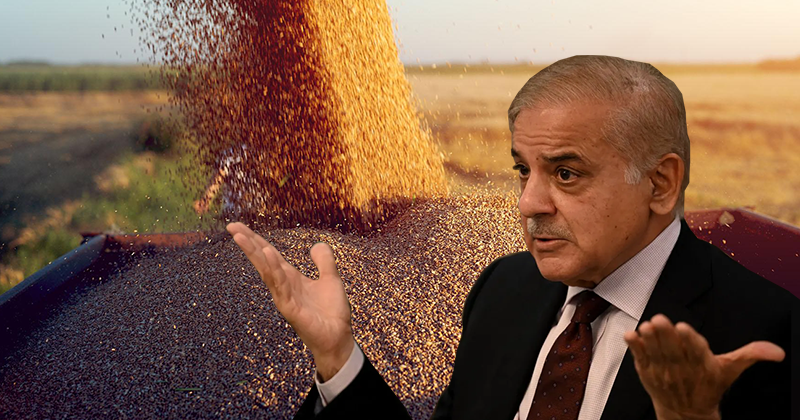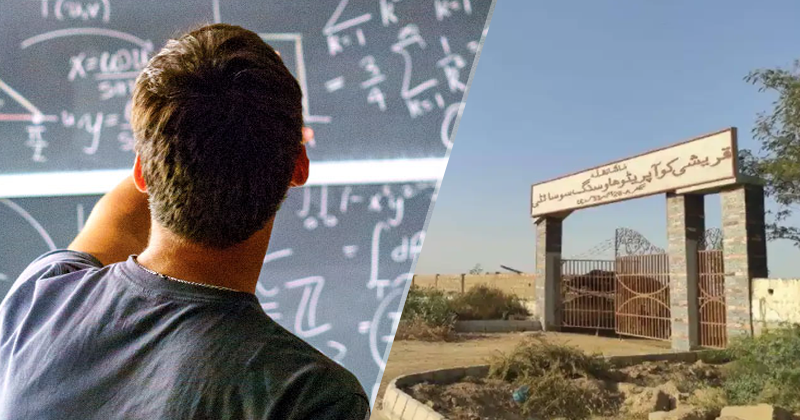Here is a bit more for the proud Indians on the incredibility of their country. The article highlights the inequality in India, which results in consequences like hunger saga. The saddest part is that the Indian media has not even found the issue significant enough to give some space on its websites. At least when people die in Pakistan due to the stampedes in the queues to buy cheaper food, the Pakistani media embarrasses its government and its citizens to allow such incidents to take place. This is a prime example of Indians seeing India with one eye shut, which helps them to ignore over 400 million indians.
I find no pleasure in posting this article herte and exposing this particular indian weakness. Just wanted to raise the issue. If any Indians of this forum are aware of any organization which tackles the hunger issue in india and accepts donations, please kindly let me know. Thanks.
Mixed messages in hunger report
ActionAid says a child dies of hunger every six seconds
Brazil and China have been praised for their efforts to tackle hunger, in a development charity's report released to coincide with UN World Food Day.
But the ActionAid report criticises India and others countries for not doing enough to alleviate the problem.
The agency also ranked rich countries, saying Luxembourg is trying hardest to end global hunger, while the US and New Zealand rank bottom.
Studies estimate that one billion people are malnourished globally.
That figure, given in studies by a number of think tanks and aid agencies, represents roughly one in seven of the world's population.
ActionAid's report, Hunger Free, says hunger is "a choice that we make, not a force of nature".
"Hunger begins with inequality," it says, and then grows because of "perverse policies that treat food purely as a commodity, not a right".
"It is because of these policies that most developing countries no longer grow enough to feed themselves, and that their farmers are amongst the hungriest and poorest people in the world," says ActionAid.
'Unacceptable'
Among the developing countries ranked, Brazil wins the top spot, with the aid agency praising President Luiz Inacio Lula da Silva's support for land reform and community kitchens for the poor.
ActionAid said Brazil's success shows "what can be achieved when the state has both resources and political will to tackle hunger".
China is also praised for cutting the number of hungry by 58 million in 10 years through strong state support for smallholder farmers.
But the report criticises economically liberal India where, it says, 30 million people have been added to the ranks of the hungry since the mid-1990s and 46% of children are underweight.
It says hunger exists in India not because there is insufficient food, but because people cannot access it, and that the exploitation of natural resources has led to "horrific displacements" of people, pushing many into poverty.
"When people are already on the brink of starvation this is simply unacceptable," it says.
The report said some progress had been made, with a scheme to protect rural employment in the case of drought, but it needed to be implemented more effectively.
Neighbouring Bangladesh is praised for reducing the number of chronically food-insecure people from 40 million to 27 million in the past 10 years and for improving childhood nutrition in the past two decades.
But the report says Bangladesh has a long way to go to reduce overall malnutrition and build a sustainable agricultural system.
The Democratic Republic of Congo is at the bottom of the list, with 76% of the population listed "chronically hungry".
The cost of foods is growing in the country, there has been very low investment in agriculture and the government offers no social protection.
Robert Dekker, the World Food Programme's (WFP) DR Congo director, told the BBC that Congolese people live almost exclusively on a diet of cassava flour, which is low in nutritional value.
He said health experts recommend adults eat 2,100 kilocalories a day for a healthy diet but in Congo the average is 1,650 a day.
The BBC's Tomas Fessy, in the capital Kinshasa, says decades of war and neglect have meant there is no proper agricultural infrastructure in the country, while a poor road system makes it hard for people to reach food supplies.
In Ethiopia, Action Aid says famine is "once again stalking" the country, as a result of continuing drought, a growing population and damaging land policies.
Although the government has begun to introduce reforms, 7.5 million Ethiopians are classed as "food insecure".
Biofuel 'invasion'
ActionAid also assessed richer, developed countries, praising those that have invested in agriculture in the developing world but criticising others that have promoted biofuels which, the report says, have displaced food crops.
Western demand for biofuel takes up valuable land in developing countries
It says Tanzania, Mozambique, Ghana and Ethiopia have seen an "invasion" of agrofuel producers from the West, using up land that could be used to grow food.
The rankings are weighted to account for what ActionAid calls effort and progress, not just outcomes - that is how the winner in the rich country list is tiny Luxembourg, with all the Nordic countries close behind.
New Zealand is at the bottom of the rich country list, accused of making particularly harsh cuts in its official aid to agriculture.
And the US is second from last, described as "miserly" in its aid to developing world farmers.
"The US owes a huge climate debt to developing countries and it must not delay in agreeing to find the finance to help developing countries adapt to climate change, and in signing up to a just global deal," said the report. ActionAid said the level of hunger in the world is "perhaps one of the most shameful achievements of recent history" and that there is no reason for anyone to go without food.
"Every six seconds a child dies from hunger," said the charity's policy director, Anne Jellema.
"This scandal could easily be ended if all governments took determined action."
http://news.bbc.co.uk/2/hi/in_depth/8309979.stm
I find no pleasure in posting this article herte and exposing this particular indian weakness. Just wanted to raise the issue. If any Indians of this forum are aware of any organization which tackles the hunger issue in india and accepts donations, please kindly let me know. Thanks.
Mixed messages in hunger report
ActionAid says a child dies of hunger every six seconds
Brazil and China have been praised for their efforts to tackle hunger, in a development charity's report released to coincide with UN World Food Day.
But the ActionAid report criticises India and others countries for not doing enough to alleviate the problem.
The agency also ranked rich countries, saying Luxembourg is trying hardest to end global hunger, while the US and New Zealand rank bottom.
Studies estimate that one billion people are malnourished globally.
That figure, given in studies by a number of think tanks and aid agencies, represents roughly one in seven of the world's population.
ActionAid's report, Hunger Free, says hunger is "a choice that we make, not a force of nature".
"Hunger begins with inequality," it says, and then grows because of "perverse policies that treat food purely as a commodity, not a right".
"It is because of these policies that most developing countries no longer grow enough to feed themselves, and that their farmers are amongst the hungriest and poorest people in the world," says ActionAid.
'Unacceptable'
Among the developing countries ranked, Brazil wins the top spot, with the aid agency praising President Luiz Inacio Lula da Silva's support for land reform and community kitchens for the poor.
ActionAid said Brazil's success shows "what can be achieved when the state has both resources and political will to tackle hunger".
China is also praised for cutting the number of hungry by 58 million in 10 years through strong state support for smallholder farmers.
But the report criticises economically liberal India where, it says, 30 million people have been added to the ranks of the hungry since the mid-1990s and 46% of children are underweight.
It says hunger exists in India not because there is insufficient food, but because people cannot access it, and that the exploitation of natural resources has led to "horrific displacements" of people, pushing many into poverty.
"When people are already on the brink of starvation this is simply unacceptable," it says.
The report said some progress had been made, with a scheme to protect rural employment in the case of drought, but it needed to be implemented more effectively.
Neighbouring Bangladesh is praised for reducing the number of chronically food-insecure people from 40 million to 27 million in the past 10 years and for improving childhood nutrition in the past two decades.
But the report says Bangladesh has a long way to go to reduce overall malnutrition and build a sustainable agricultural system.
The Democratic Republic of Congo is at the bottom of the list, with 76% of the population listed "chronically hungry".
The cost of foods is growing in the country, there has been very low investment in agriculture and the government offers no social protection.
Robert Dekker, the World Food Programme's (WFP) DR Congo director, told the BBC that Congolese people live almost exclusively on a diet of cassava flour, which is low in nutritional value.
He said health experts recommend adults eat 2,100 kilocalories a day for a healthy diet but in Congo the average is 1,650 a day.
The BBC's Tomas Fessy, in the capital Kinshasa, says decades of war and neglect have meant there is no proper agricultural infrastructure in the country, while a poor road system makes it hard for people to reach food supplies.
In Ethiopia, Action Aid says famine is "once again stalking" the country, as a result of continuing drought, a growing population and damaging land policies.
Although the government has begun to introduce reforms, 7.5 million Ethiopians are classed as "food insecure".
Biofuel 'invasion'
ActionAid also assessed richer, developed countries, praising those that have invested in agriculture in the developing world but criticising others that have promoted biofuels which, the report says, have displaced food crops.
Western demand for biofuel takes up valuable land in developing countries
It says Tanzania, Mozambique, Ghana and Ethiopia have seen an "invasion" of agrofuel producers from the West, using up land that could be used to grow food.
The rankings are weighted to account for what ActionAid calls effort and progress, not just outcomes - that is how the winner in the rich country list is tiny Luxembourg, with all the Nordic countries close behind.
New Zealand is at the bottom of the rich country list, accused of making particularly harsh cuts in its official aid to agriculture.
And the US is second from last, described as "miserly" in its aid to developing world farmers.
"The US owes a huge climate debt to developing countries and it must not delay in agreeing to find the finance to help developing countries adapt to climate change, and in signing up to a just global deal," said the report. ActionAid said the level of hunger in the world is "perhaps one of the most shameful achievements of recent history" and that there is no reason for anyone to go without food.
"Every six seconds a child dies from hunger," said the charity's policy director, Anne Jellema.
"This scandal could easily be ended if all governments took determined action."
http://news.bbc.co.uk/2/hi/in_depth/8309979.stm




















